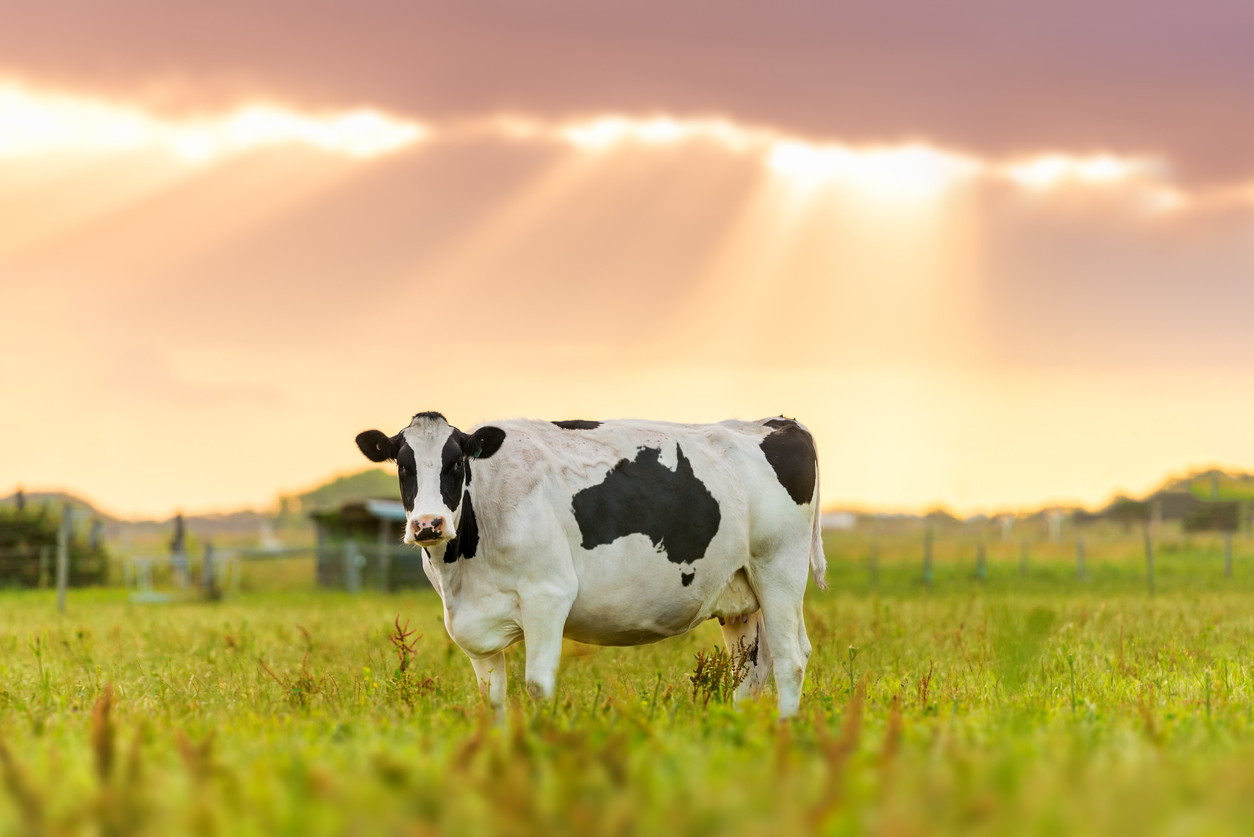Cows could be key in helping researchers develop an HIV vaccine

A free daily email with the biggest news stories of the day – and the best features from TheWeek.com
You are now subscribed
Your newsletter sign-up was successful
Cows have given humanity cheese, steak, and milk, and now the bovine species might help scientists develop a vaccine against HIV. A study published Thursday in the journal Nature explained that while cows can't contract HIV, they can produce antibodies to block infections like HIV, providing scientists a long sought-after opportunity to better understand how the immune system develops such antibodies.
One of the biggest conundrums for researchers working to develop an HIV vaccine is figuring out why people with HIV do not produce enough effective antibodies to battle the virus. Cows, scientists discovered after injecting four calves with HIV immunogens, produce powerful antibodies against HIV — and rapidly. Researchers were then able to isolate antibodies from the cows to study individual antibodies' effectiveness against HIV and investigate how they could trigger the production of such antibodies in the human body.
"As a scientist, this is really exciting," said study author Devin Sok. "To put it into perspective, the first broadly neutralizing antibodies were discovered in the 1990s. Since then, we've been trying to elicit these antibodies through immunization, and we've never been able to do it until now, until we have immunized a cow. This has given some information for how to do it so that hopefully we can apply that to humans."
The Week
Escape your echo chamber. Get the facts behind the news, plus analysis from multiple perspectives.

Sign up for The Week's Free Newsletters
From our morning news briefing to a weekly Good News Newsletter, get the best of The Week delivered directly to your inbox.
From our morning news briefing to a weekly Good News Newsletter, get the best of The Week delivered directly to your inbox.
John Mascola, director of vaccine research at the National Institute of Allergy and Infectious Diseases, noted the study isn't a straight shot toward developing the vaccine for HIV. However, he said, "it does tell us how the virus evades the human immune response" — which is certainly a step in the right direction.
A free daily email with the biggest news stories of the day – and the best features from TheWeek.com